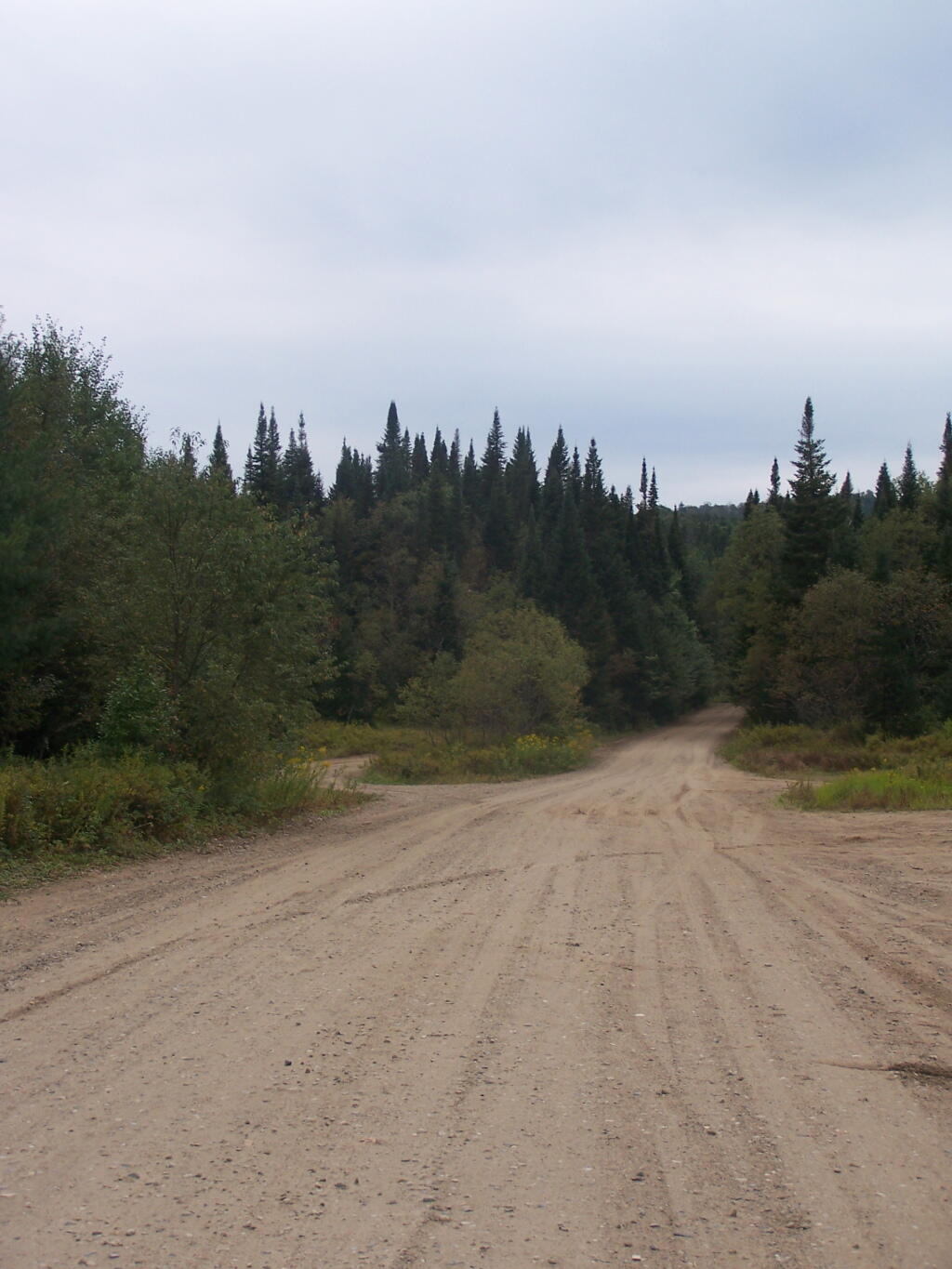SMART PEOPLE… described by Kristen Kimball in the DIRTY LIFE. Good summer read, life goals, etc.
“We were the only people in town who did not keep our lawn
neatly mowed. In Essex, even the scofflaws and the drunks,
the wife beaters and the serial unemployed mow their lawns.
On the outskirts, there might be cars up on blocks in the yard.
permanent fixtures, but the grass around them was cut on a
weekly basis. Our elderly neighbors, the Everharts, kept their
lawn both neatly trimmed and thoroughly decorated, with figu
rines, birdbaths encircled by pansies, and a kind of weather
proof slide projector set up to make a picture against the house
at night, a different image for every holiday, from a flag at the
Fourth of July to a snowman at Christmas.
Meanwhile, our lawn grew shaggy. I looked at it as I ran by
with my hands full of crates or tools or stakes, feeling a grow
ing self-loathing, knowing that it was a black mark against us
in the collective mind of our community, a civic failure. One
evening at the beginning of summer I’d grabbed the little elec
tric mower my parents had given us and made an attempt to
cut it, but by then the grass had grown so rank it was like trying
10
shear a sheep with nose hair clippers. I made one crushed,
chewed-up stripe of grass at the lawn’s periphery and was
defeated. By August the lawn was so overgrown it could swal
low dogs and small children. Our community has more than its
fair share of eccentrics, and it is tolerant of them, but I could
tell the lawn bothered our neighbors, because they didn’t tease
us about it. Others of our quirks-such as the pair of Highland
horns that Shane Sharpe helped Mark bolt onto the hood of
our Honda, making the car look like it’s sporting a handlebar
mustache-they would tease us about incessantly. About the
lawn, they were ominously silent.
Mark is immune to this kind of social pressure, and gener
ally contemptuous of lawns. In his mind, grass is for grazing.
And therein lay the solution. We might never find time to mow
the lawn, but if it looked fecund enough, and the cattle were
hungry, we could find the time to put up a fence. A few weeks
before our wedding, we ringed the lawn with electric fence and
moved the beef herd onto it. The dairy herd was recruited for
the smaller patch across the driveway.
For three days, the cattle mowed our lawn. We fell asleep
to Rupert calling to the dairy cows: a series of mournful, falling
bass notes, the sound of a monumental desire. Then a petu
lant trumpeting, the pitch rising to what passes for tenor in a
bull, the sound of desire thwarted by electric fence. We awoke
to the rip-rip sound of cows grazing right outside our window. “


